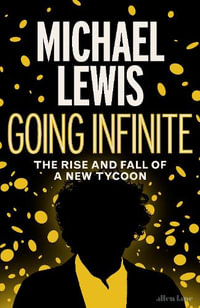
Global Imbalances and the Lessons of Bretton Woods
Paperback | 22 January 2010
At a Glance
Paperback
RRP $59.99
$41.25
31%OFF
Aims to ship in 25 to 30 business days
When will this arrive by?
Enter delivery postcode to estimate
ISBN: 9780262514149
ISBN-10: 0262514141
Series: Cairoli Lecture Series
Published: 22nd January 2010
Format: Paperback
Language: English
Number of Pages: 206
Audience: General Adult
For Ages: 18+ years old
Publisher: RANDOM HOUSE US
Country of Publication: US
Dimensions (cm): 0.1 x 0.1 x 0.1
Shipping
| Standard Shipping | Express Shipping | |
|---|---|---|
| Metro postcodes: | $9.99 | $14.95 |
| Regional postcodes: | $9.99 | $14.95 |
| Rural postcodes: | $9.99 | $14.95 |
How to return your order
At Booktopia, we offer hassle-free returns in accordance with our returns policy. If you wish to return an item, please get in touch with Booktopia Customer Care.
Additional postage charges may be applicable.
Defective items
If there is a problem with any of the items received for your order then the Booktopia Customer Care team is ready to assist you.
For more info please visit our Help Centre.























